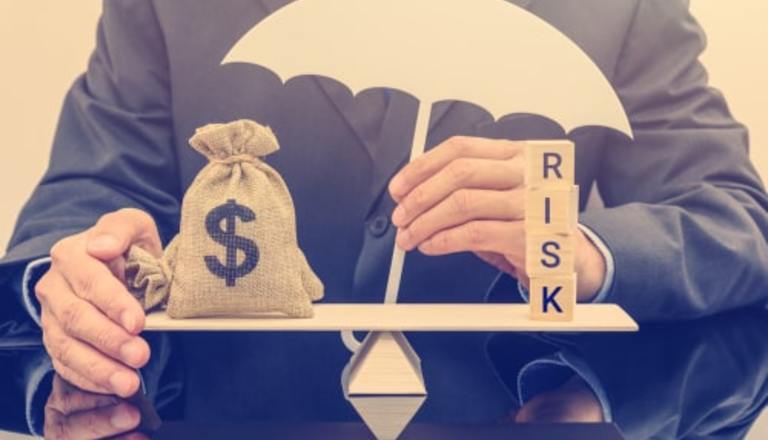
Probability versus possibility, with a bit of luck thrown in!
In the gaming industry the odds of winning any prize are always set to benefit the operator, so odds are very low for players. Lotteries are no different. The chance of you winning the jackpot are one out of millions, and even winning a free play is not in your favour, though the odds are better for lower prizes than for higher prizes. What plays into this is the different factors of probability vs possibility. And to understand odds in lottery prizing, you have to understand probability and possibility.
These two mathematical concepts are extremely important in lottery play and prizing. Both factors are used to determine the number of potential prizes that can be won versus the likely chance that they will be won. Mathematicians create what are called lottery “paytables” which is a fancy way of saying they assign what number of matching numbers you need on your ticket to match the number of balls pulled to win a particular prize. What is the difference between the two?
A Look at Probability Versus Possibility
Well, let’s look at it like this. Probability is the concept of something’s chance to actually happen. In other words, how likely is it for this thing to occur? How likely is it for 2 + 2 to equal 4 vs 2 + 3 to equal 4? With Possibility, the concept here is could this thing actually happen? Could it actually occur? Is it possible for ten apples to fall off a tree and create the shape of a perfect triangle?
The results here are that it is extremely likely, it is highly probable, that 2 + 2 equals 4, but extremely unlikely, highly improbable, that 2 + 3 equals 4. So the chances of 2 + 2 equaling four is 100% greater than the chances of 2 + 3 equaling 4. With the apples, it certainly is possible for ten apples to fall on the ground from the tree and wind up in a perfect triangle. But here is the compared concepts. Although it is possible for the apples to land in a perfect triangle and for 2 + 3 to equal 4, it is not probable that either would happen. The chances of those thing occurring are almost nil unless you develop a new math or gnomes are arranging the apples. On the other hand, it is not only possible that 2 + 2 = 4 but it is 100% probable that is always does.
Applying This to Your Lottery Play
By applying these concepts to the lottery, we can say many different things. For instance, is it possible for you to win three jackpots in three consecutive draws? Absolutely it’s possible! Since each draw is independent of the other, you have the same chances of hitting the jackpot in each draw. Totally possible, could happen for sure. Now, is it probable that you could actually win those jackpots? Absolutely not! The odds of hitting one jackpot are millions to one, the odds of hitting the second jackpot tens of millions to one, and for three, the odds are virtually nil.
Is it possible for you to win three free plays in three consecutive draws? Absolutely you could! How likely is it, or in other words, what is the probability of you actually doing that? More likely than hitting jackpots, that’s for sure. The odds of you hitting a free play three times in a row is not only possible but more probable.
As you see, both probability and possibility are two very different factors but both contribute to the calculations of the odds of hitting any particular prize. Understanding these concepts can help you quickly determine both factors when looking at the lottery odds table that most operators provide on their websites.
